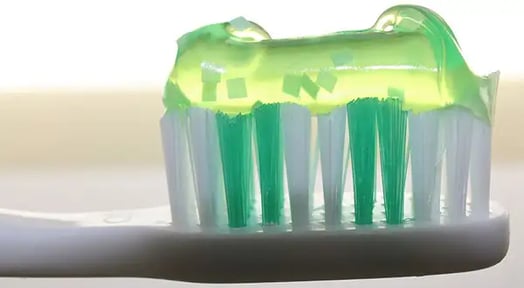The pharma giants GlaxoSmithKline and Pfizer announced plans to merge their consumer healthcare units yesterday, minting the world’s largest toothpaste titan.

After offloading their OTC consumer divisions, the 2 pharma giants will focus on their prescription drugs, which are riskier but more profitable.
Emptying out the medicine cabinets
OTC products provide steady, low-margin revenue. But while toothpaste sells, it doesn’t make a huge profit. Instead, prescription drugs make the big money for big pharma: They’re expensive when they fail, but massively profitable when they don’t.
So as the market has become more competitive, pharma companies have shed ‘non-core’ (AKA non-prescription) businesses.
Glaxo recently sold off its nutrition division, Pfizer dumped its animal health business, and competitor Bristol-Myers Squibb sold of its French consumer healthcare biz.
Writing a prescription for new profits
The new Glaxo-Pfizer giant will be the largest consumer healthcare biz in the world, with a 7.3% market share and $12.7B in revenue. After shareholder and regulatory approval, the new biz is expected to hit British stock markets in 5 years.
But the real value of the deal for Glaxo and Pfizer is that it will allow the 2 companies to cut costs by $631.2m per year by 2022, allowing them to invest heavily in R&D for new prescription drugs.
After the announcement, Glaxo’s shares rose as high as 7.4% in London and Pfizer’s rose 0.8% in New York.
